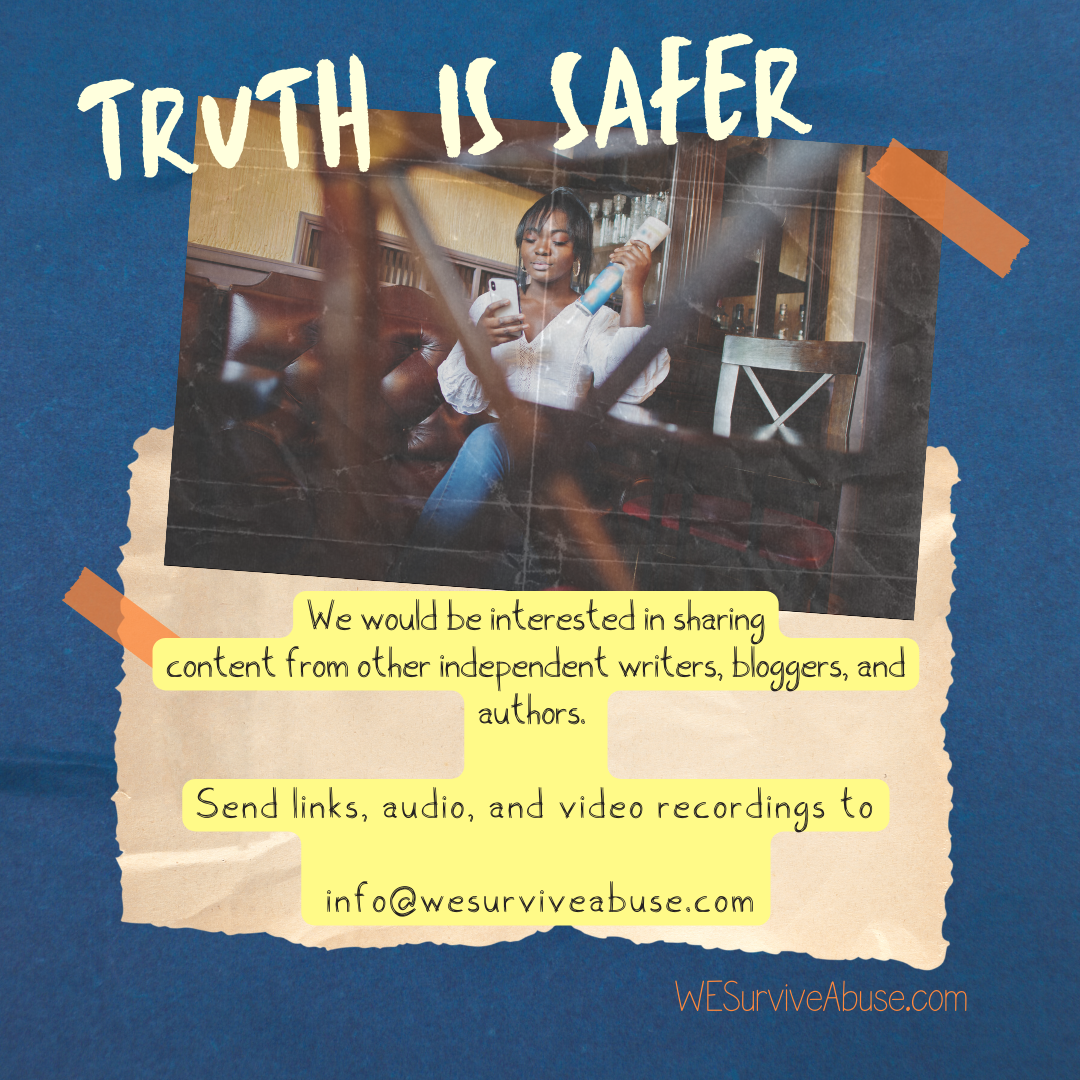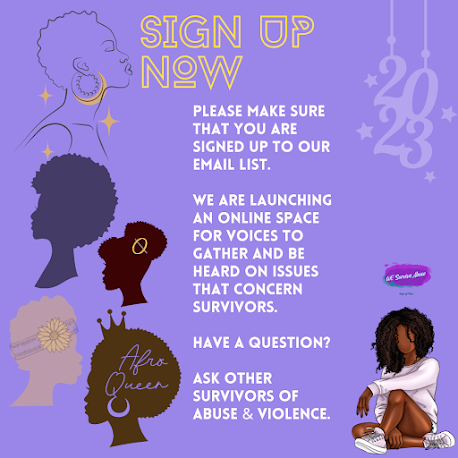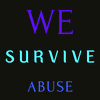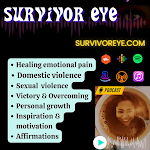You may have noticed that it is young women and girls who often shame and silence other women and girls who speak out about their experience...
You may have noticed that it is young women and girls who often shame and silence other women and girls who speak out about their experiences with violence and abuse.
When a woman or girl comes forward with her story of abuse ......
or harassment or her concerns for her safety....
or her public testimonies about the aftermath of living and surviving in a misogynistic society that has been ineffective at dealing with violence and what must be done now to protect others.....
....she is often met with disbelief, scrutiny, and even outright hostility.
Name-calling
Threats.
Stalking.
Physical violence.
This can come from men who refuse to acknowledge the prevalence of violence against women, but it can also come from other women and girls.
In too many cases, young women and girls may shame and silence survivors because they have internalized societal messages that blame and shame victims, or because they are worried about their own safety and believe that speaking out will make them a target.
Some of these women now believe that:
"to be nice",
"to be kind", and
"to be compliant" to males who disrespect the voices and spaces of women and girls is "honorable."
Women and girls who speak up with concerns are "hateful" and "bigots".
Women and girls who comply are the "good ones" and are rewarded with social clout and head pats for ignoring facts and reality. Potential risk and danger.
Origin: Dysfunctional Families
This behavior mirrors dysfunction in families, where silence and shame are used to bury painful truths and protect abusers. In dysfunctional families, children are often told to keep quiet about abuse or neglect to protect the family's reputation or to avoid angering the abuser.
The children who comply are 'rewarded'. The children who speak and tell the truth are labeled as the "problem child".
This can leave lasting scars on the children, who may grow up believing that speaking out about their pain and trauma is not an option.
Similarly, when young women and girls shame Survivors who speak out about their experiences, they are perpetuating a cycle of silence and shame that only serves to protect perpetrators and further isolate victims.
By shaming survivors, they are sending a message that it is not safe to speak out, and that victims are to blame for their own abuse.
In a society where women are the primary victims of male violence, shaming women and girls who speak up sends out the message that women and girls are to blame for the violence and abuse that we suffer. We are to blame that not enough is done to protect us. It is all our fault and we just need to stop complaining.
Just take what is being violently forced upon us. That's what a "good girl" does.
Challenge Harm and Dysfunction
We must challenge this toxic behavior and instead create a culture where survivors are believed, supported, and empowered to speak out about their experiences.
We must educate young women and girls about the dynamics of violence against women and the importance of standing in solidarity with survivors.
We must also challenge the societal norms and attitudes that contribute to victim blaming and shaming, and work towards creating a world where all women and girls are safe and free from violence.
We can create a more just and compassionate society for all by breaking the cycle of silence and shame.
Let us stand together in support of Survivors and work towards a future where no woman or girl has to suffer in silence.
Upon Reflection....
What did you learn about how a woman or girl should handle discomforts, concerns, questions, or fears, around violence against women and girls?
Does the freedom to speak out against male violence apply to all women and girls or those that you approve of? Is it necessary for the voices to say what meets your approval? In what ways? Why?
Unintentionally, of course, could the way that you think now be protecting violent males while leaving women and girls more vulnerable to violence and abuse?












.png)
.png)











.png)










COMMENTS